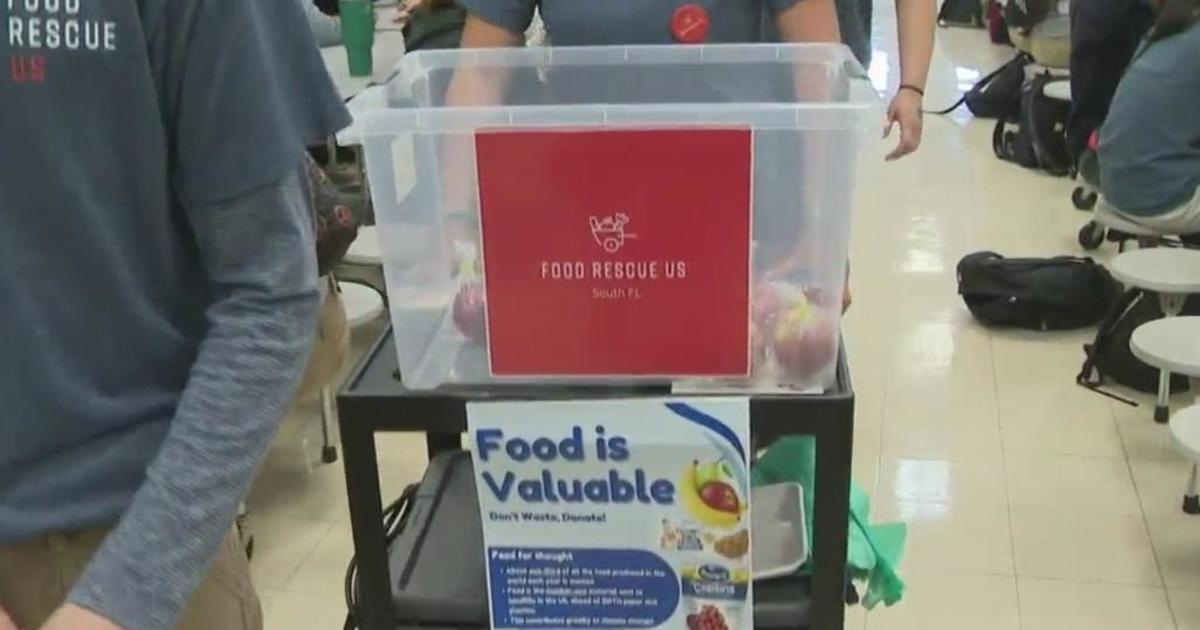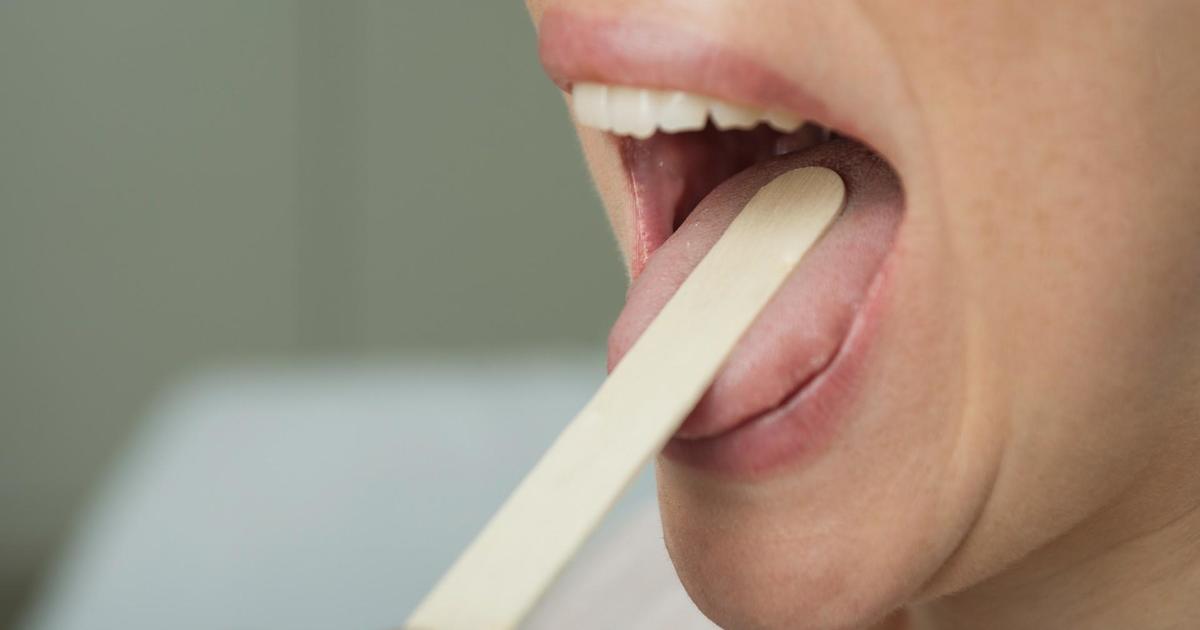Lab-Grown Coffee: Scientists Working On Beanless Brews
MIAMI (CBSMiami) – Coffee is a crucial part of a lot of our days. Worldwide, people drink more than 600 billion cups every year. Scientists are trying to make sure the coffee never runs out.
While the beans traditionally come from tropical regions, scientists in Nordic Finland are generating java in the lab.
"We skip the farming part, and we use plant cell cultures instead," said VTT Research team leader Heiko Rischer.
The researchers are using cellular agriculture to create coffee cells, which are transferred to bioreactors to produce biomass. In layman's terms, they're using science to make beanless brews they say smell and taste almost like coffee.
"Not like of course 100%. It tastes like a combination of different types of coffees," Heikki Aisala
It's an everyday cup of joe alternative as climate change threatens coffee plants around the globe.
"Increasing temperatures but also more erratic rainfall and increased drought," said Dr. Aaron Davis.
Scientists say lab-grown coffee doesn't need pesticides or fertilizers and reduces greenhouse gas emissions as well.
"You can cut on the transport requirements because you can locally produce," said Rischer.
Researchers are looking to get regulatory approval so people can start sipping lab lattes within the next few years.
Startups in the U.S. are also working on beanless coffee. In September, Seattle-based Atomo Coffee released the world's first "molecular coffee" during an online pop-up sale, charging $5.99 a can.



